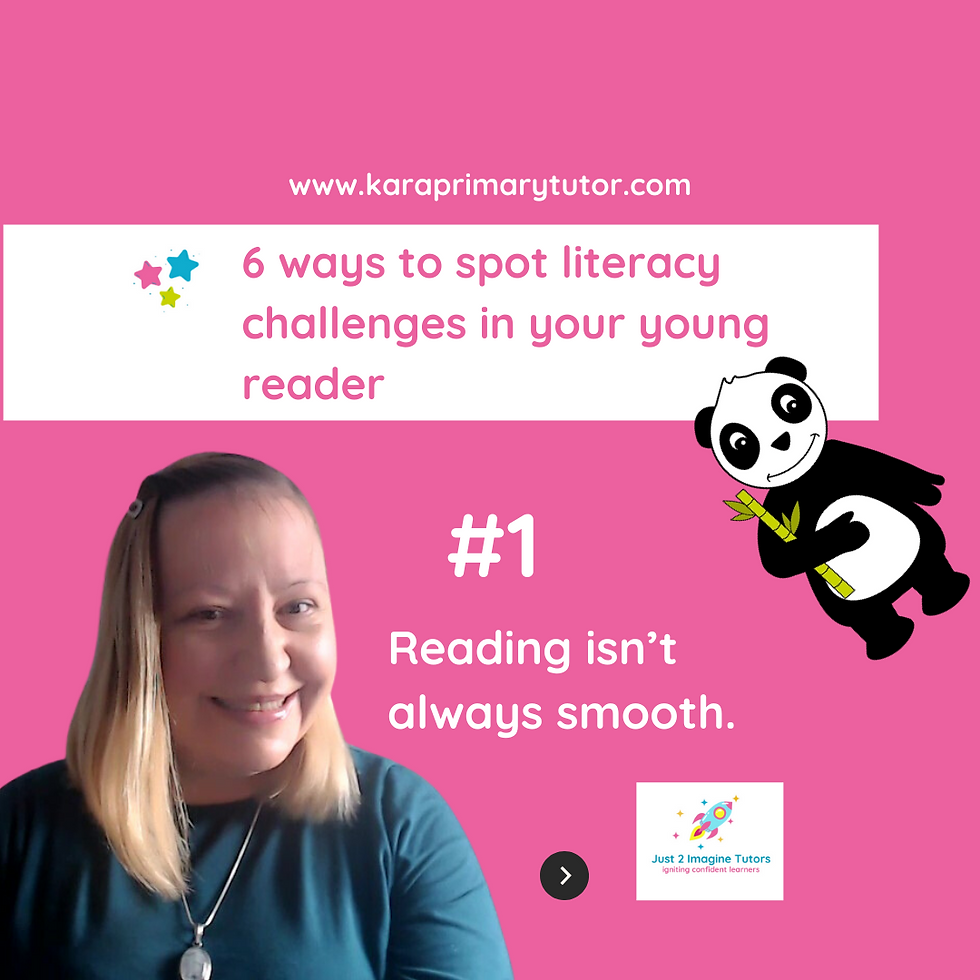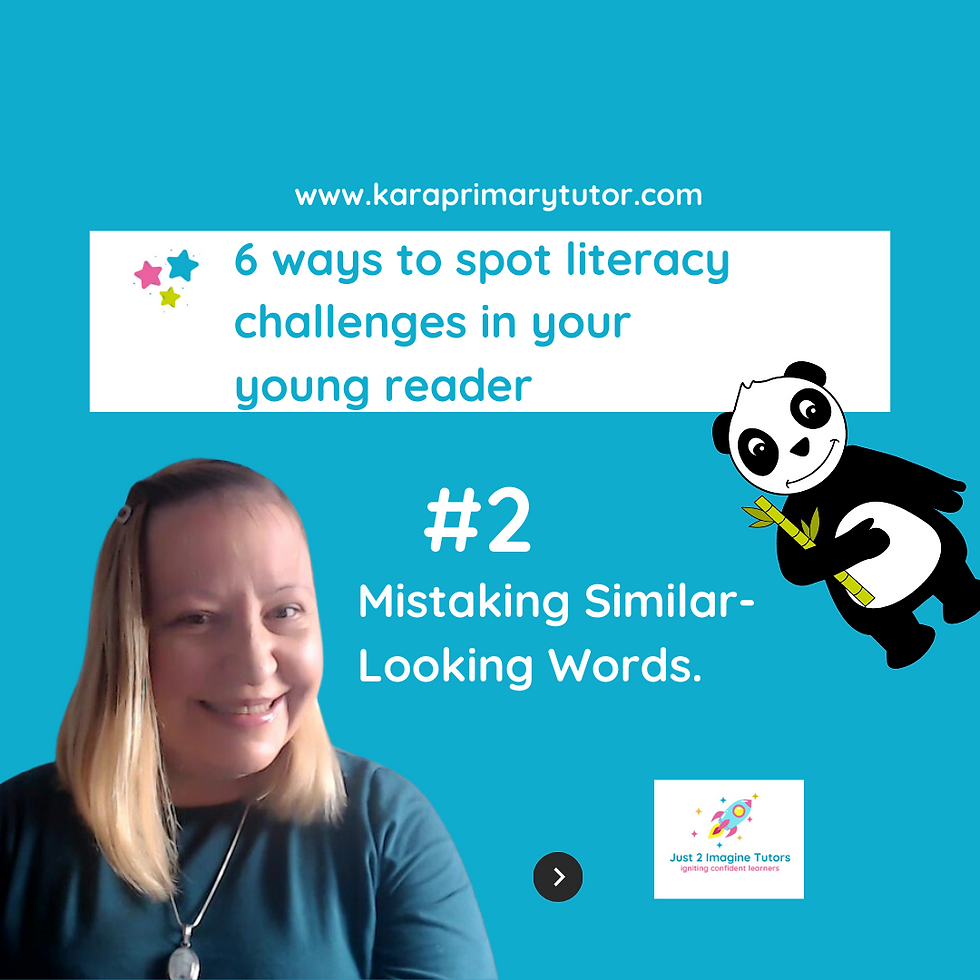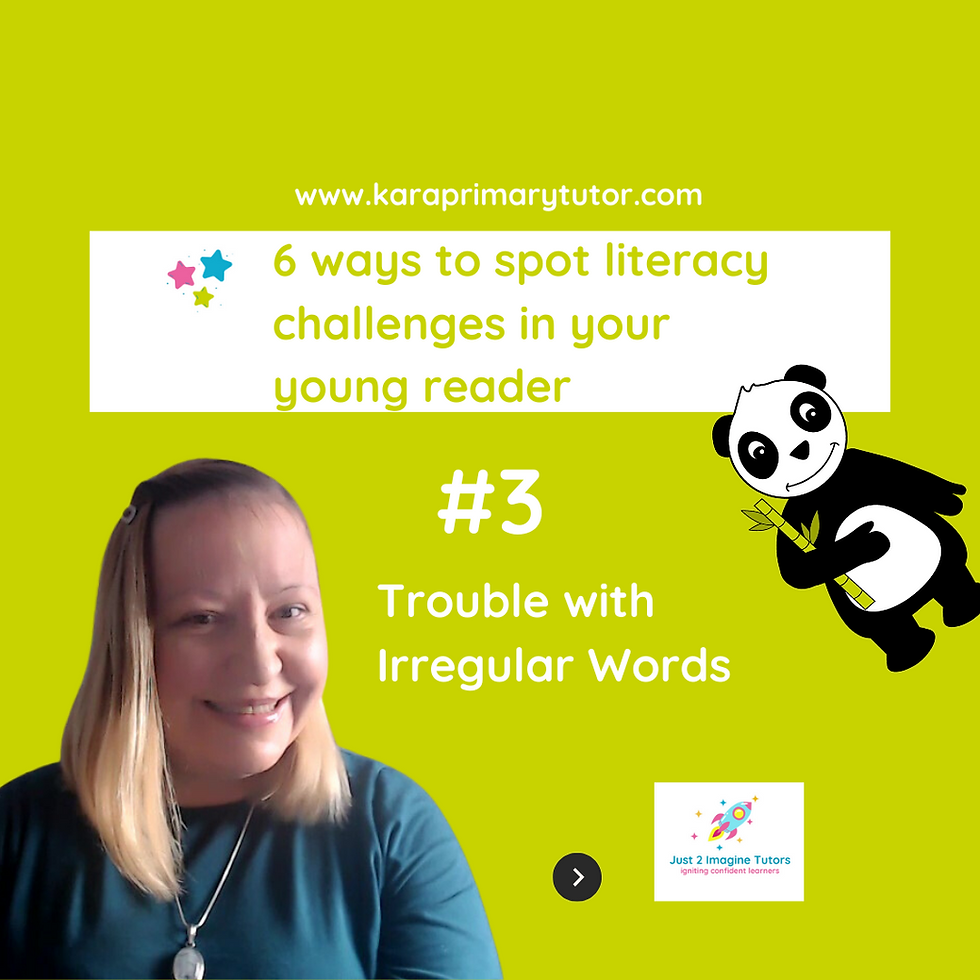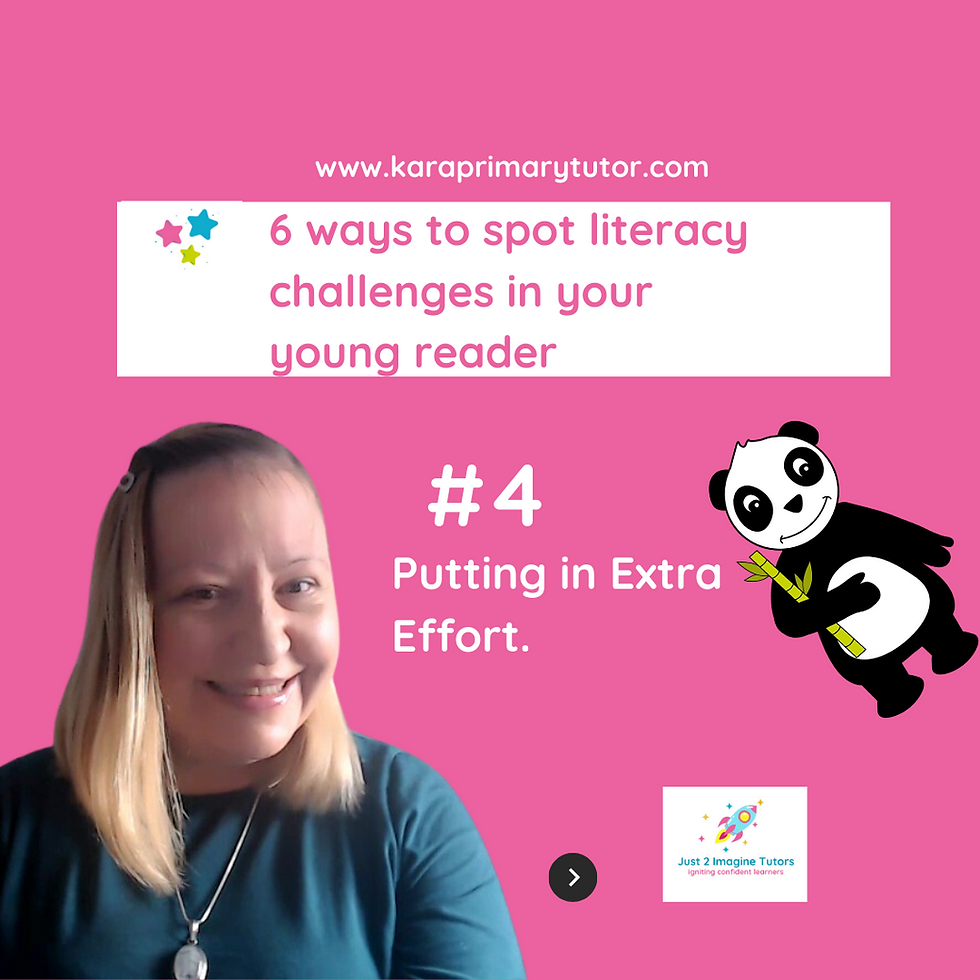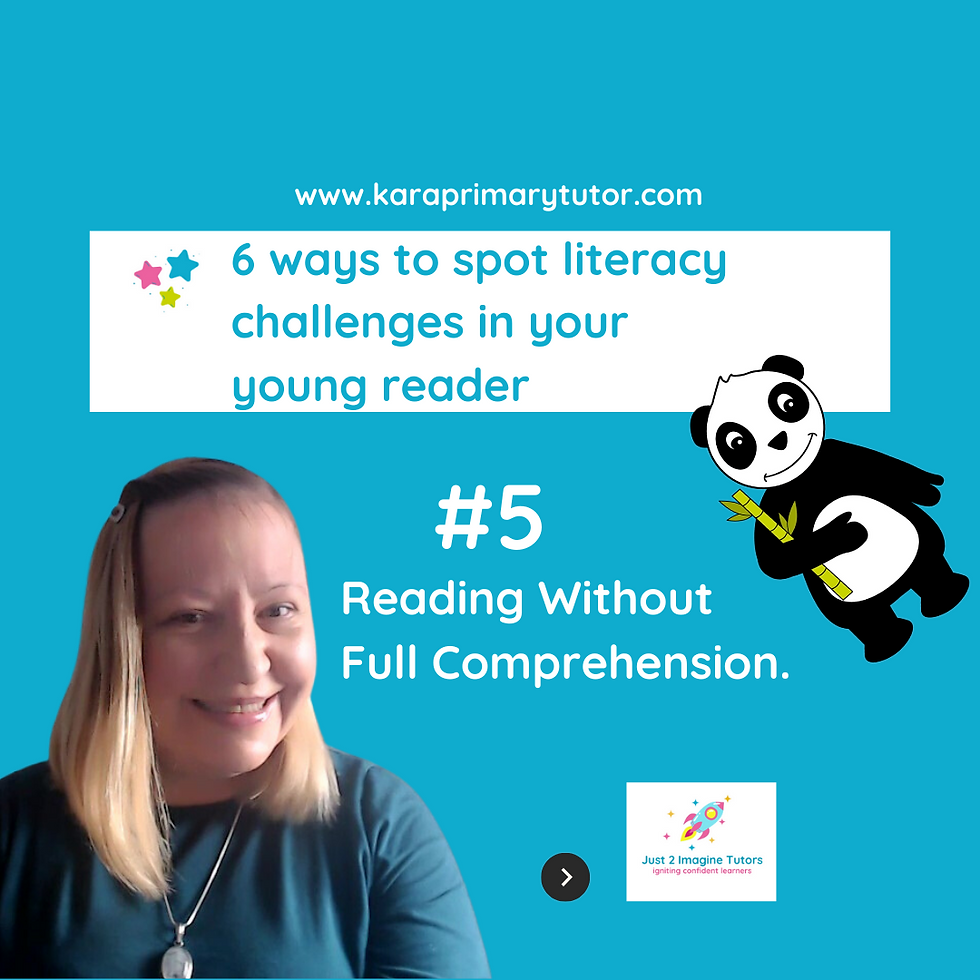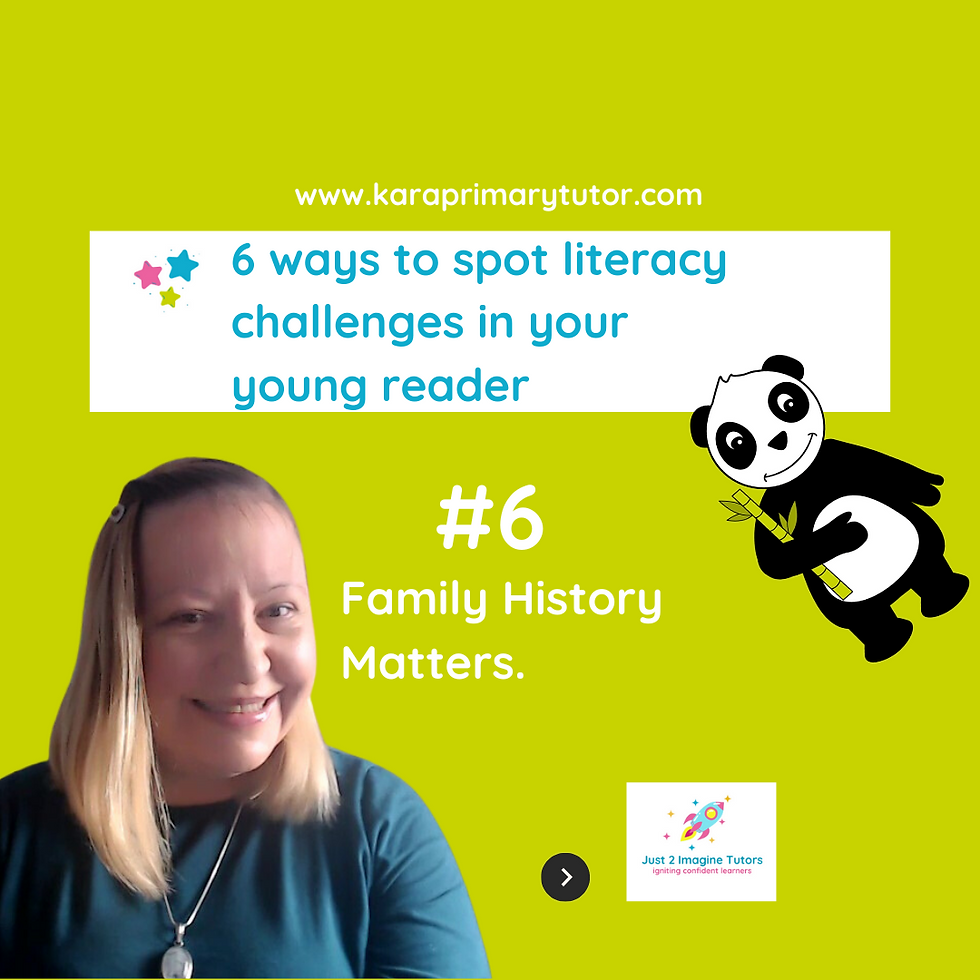- Kara Cook (Writer)

- Mar 15, 2025
- 4 min read
Help your child succeed in the 2025 Year 1 Phonics Screening Check with expert tips and fun, practical activities! 🧩 Join the Phonics Pals booster programme for tailored support designed to build confidence and phonics skills.

5 Expert Tips and Phonics Support to Help Your Child Ace the 2025 Year 1 Phonics Screening Check

Expert Tips for Year 1
Phonics Success
The Year 1 Phonics Screening Check is a key milestone that assesses how well your child can blend and decode words using their phonics knowledge. It plays a crucial role in building early reading fluency and confidence.
If your child is struggling with reading, consistent and engaging phonics practice is essential to help them prepare.
While this assessment might feel daunting, it’s a fantastic opportunity for your child to demonstrate their phonics skills and for you to see their reading progress.
With the right approach and fun phonics resources, you can turn preparation into a confidence-boosting experience for your Year 1 learner.
As a phonics expert, I recommend these five easy and effective strategies to ensure your child feels prepared, confident, and ready to succeed!
Here are the top five practical phonics activities and tips to get you started:

Tip 1: Make Learning Fun with Customised Phonics Check Flashcards
Phonics flashcards are a fantastic tool to make learning interactive and enjoyable. Using phonics games, storytelling, and hands-on activities with flashcards helps keep children engaged while reinforcing their phonics knowledge.
Check out my phonics check flashcard collection, which is expertly designed for preparation for the phonics screening check.
These colourful phonics resources combine phonics practice and enjoyment, with vibrant images of aliens that kids will love!
Get your Phonics Check Flashcards Here! ⤵️

Tip 2: Read together Daily with your Year 1 Learner
Daily reading is one of the most powerful ways to support your child’s phonics progress. Choose books that match their reading level and gradually introduce more challenging words.
Encourage your little one to sound out words using their phonics knowledge and praise their efforts, keeping the experience positive and fun!
Even if you’re a busy mum, you can fit this into your routine—have your child read at the kitchen table while you prepare meals! The whole point is that you are giving your child every chance to succeed!

Tip 3: Boost Phonological Awareness Through Writing
Writing is a powerful tool for encouraging and reinforcing phonics skills. Encourage your child to write simple and more complex words using their phonics sounds.
Make it fun by writing silly sentences, animal diaries, letters to family members or stories.
Through writing, your child will be applying their phonics knowledge creatively and practically, which can greatly aid their understanding and retention. A win, win!

Tip 4: Practice with Past Year 1 Phonics Screening Checks
A good tactic is to familiarise your child with the format of the phonics test and the types of words they might encounter can demystify the screening check and ease anxiety.
Practice with past papers or similar exercises like using the phonics check flashcards.
Keep the atmosphere light and encouraging—this is about gaining confidence, not pressure.
Tip 5: Get Expert Support with Year 1 Phonics Pals
Sometimes, expert guidance makes all the difference. As a former Year 1 teacher and phonics specialist, I offer Phonics Pals, a targeted phonics intervention booster program designed to help children master phonics in a fun and engaging way.
The Phonics Pals programme provides small-group sessions tailored to Year 1 and Year 2 children, helping them gain the skills and confidence they need to excel in the phonics screening check.
Join Phonics Pals Today!
🚀 Jumpstart Your Child’s Phonics Success with Expert Support!
Have fun celebrating their achievements, no matter the size, and keep the process fun and engaging.

Hi! I’m Kara, a Jigsaw Phonics tutor and reading expert with 24 years of experience helping children just like yours.
By signing up, you’ll be the first to know when enrolment opens and receive exclusive phonics tips and resources to support your child’s reading journey.
📢 Limited spaces available—secure your child’s slot today!

Phonics Pals: Jumpstart your Child's Phonics Adventure
with Phonics Expert Support!
Sign up for the Phonics Pals Waiting List Today! Are you eager to pave the way for your child's success in reading? Hi! I'm Kara, a Jigsaw Phonics tutor and reading expert with extensive knowledge and experience working with children just like yours!
This is your golden opportunity to secure your child's place in Phonics Pals, our effective phonics-based reading program where your child will have personalised access to dynamic phonics lessons tailored to boost their phonics knowledge and confidence.
By joining our Phonics Pals waiting list, you'll be the first to know when enrolment opens, plus you'll receive invaluable tips and resources to support your child's reading journey. We offer the best Year 1 phonics support to prepare your child for the Phonics Screening Check with Kara, a phonics expert and reading tutor.
Places are limited so join today!
Click the big pink button to secure your child's slot today!
#just2imaginetutors #jigsawphonics #year1phonicspals #year1phonicsscreeningcheck #phonicsexpert #phonicscheckflashcards #phonicsactivities #phonicsassessment #phonicsstrategies #phonicsbasedreadingprograms #phonicsflashcards #phonicsprograms #phonicsresources #phonicsintervention #phonicsworkshops #phonicslessons #phonicscurriculum #phonicsgames #phonicssounds #phonicsblending #phonicsdecoding #phonicsinstruction #phonicstechniques #phonicstutoronline #phonicsknowledge #phonicsbooks #phonicspals





